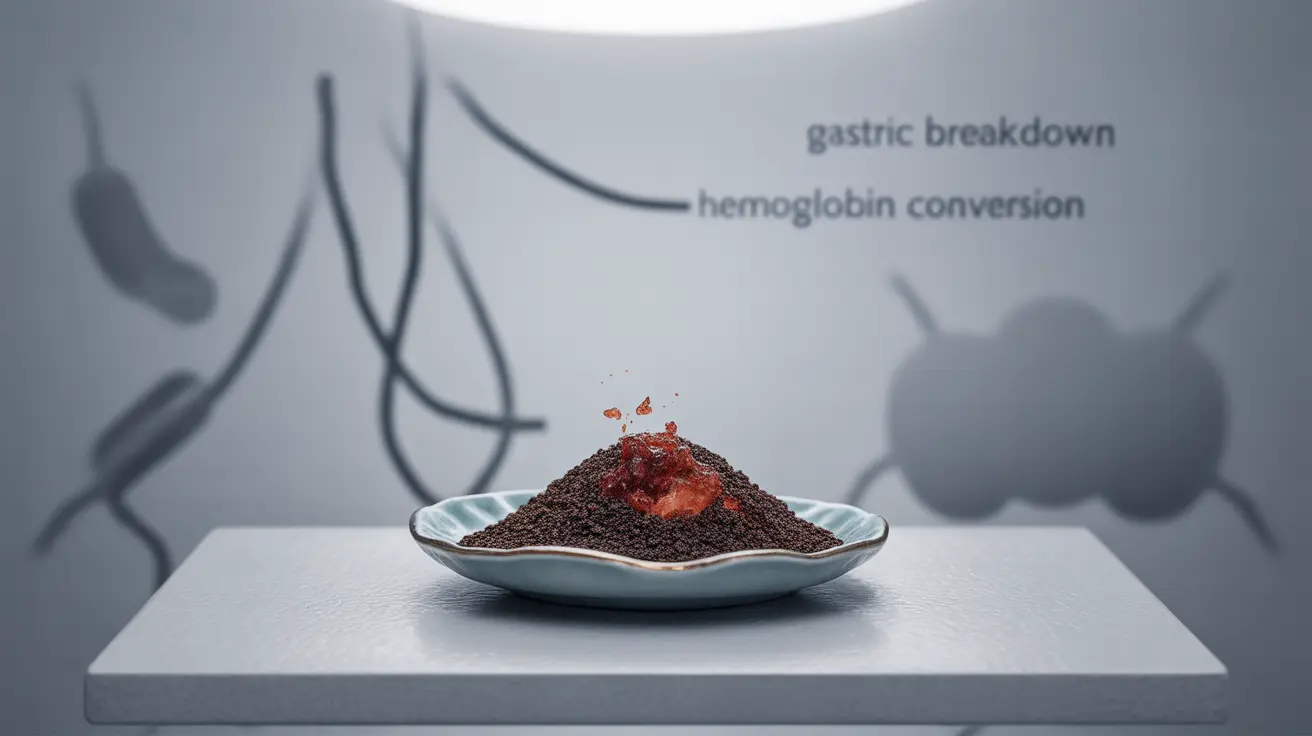Coffee ground emesis, a term describing vomit that resembles coffee grounds in appearance, is a serious medical condition that requires immediate attention. This distinctive appearance occurs when blood in the upper digestive tract has been partially digested by stomach acid, resulting in a dark, granular substance. Understanding this condition and its implications can be crucial for recognizing when emergency medical care is needed.
While the sight of coffee ground emesis can be alarming, knowing its causes, symptoms, and treatment options is essential for both patients and caregivers. This article will explore the critical aspects of this condition and provide guidance on when to seek immediate medical attention.
Understanding Coffee Ground Emesis
Coffee ground emesis occurs when blood from the upper gastrointestinal tract mixes with stomach acid, creating a characteristic dark, granular appearance. This appearance is distinctly different from fresh blood in vomit, which typically appears bright red. The transformation happens due to the chemical reaction between stomach acid and blood proteins.
Common Causes and Associated Conditions
Several serious medical conditions can lead to coffee ground emesis:
- Peptic ulcers
- Gastric or esophageal cancer
- Severe gastritis
- Esophageal varices
- Mallory-Weiss tears
- Portal hypertension
These conditions often require immediate medical intervention to prevent potentially life-threatening complications. The presence of coffee ground emesis typically indicates active bleeding in the upper digestive tract, which can lead to significant blood loss if left untreated.
Diagnostic Process
When a patient presents with coffee ground emesis, healthcare providers typically follow a comprehensive diagnostic approach:
- Physical examination and vital sign monitoring
- Blood tests to check hemoglobin levels
- Upper endoscopy to identify the source of bleeding
- Imaging studies as needed
- Review of medical history and current medications
Treatment Approaches
Treatment for coffee ground emesis focuses on both immediate stabilization and addressing the underlying cause:
Immediate Interventions
Emergency care may include:
- Intravenous fluid administration
- Blood transfusions if necessary
- Medication to reduce stomach acid
- Emergency endoscopic procedures
Long-term Management
Once the immediate crisis is managed, long-term treatment typically involves:
- Medication adjustments
- Lifestyle modifications
- Regular follow-up care
- Prevention strategies
Prevention and Risk Reduction
While not all causes of coffee ground emesis are preventable, certain measures can help reduce risk:
- Regular medical check-ups
- Proper medication management
- Stress reduction
- Healthy dietary choices
- Avoiding irritants like alcohol and tobacco
When to Seek Emergency Care
Coffee ground emesis is always considered a medical emergency. Seek immediate medical attention if you experience:
- Any vomit resembling coffee grounds
- Associated symptoms like dizziness or fainting
- Severe abdominal pain
- Rapid heart rate
- Difficulty breathing
Frequently Asked Questions
What causes coffee ground emesis and what conditions are commonly associated with it?
Coffee ground emesis is primarily caused by bleeding in the upper digestive tract. Common associated conditions include peptic ulcers, gastritis, esophageal varices, and certain cancers. The characteristic appearance occurs when blood is partially digested by stomach acid.
How is coffee ground vomiting diagnosed by doctors?
Doctors diagnose coffee ground emesis through physical examination, blood tests, and typically an upper endoscopy. This comprehensive approach helps identify the source and severity of the bleeding while assessing the patient's overall condition.
What treatments are available for coffee ground emesis and its underlying causes?
Treatment options include immediate stabilization with IV fluids, blood transfusions if needed, acid-reducing medications, and endoscopic procedures to stop bleeding. Long-term treatment depends on the underlying cause and may include ongoing medication and lifestyle changes.
When should I seek emergency medical care if I have coffee ground vomit?
You should seek immediate emergency care at the first sign of coffee ground vomit. This condition indicates active bleeding in the digestive tract and can be life-threatening if not treated promptly.
Can coffee ground emesis be prevented, and what lifestyle changes may reduce the risk?
While not entirely preventable, risk can be reduced through regular medical check-ups, proper medication management, stress reduction, and healthy lifestyle choices. Avoiding irritants like alcohol and tobacco, and maintaining a balanced diet can also help prevent some underlying causes.




